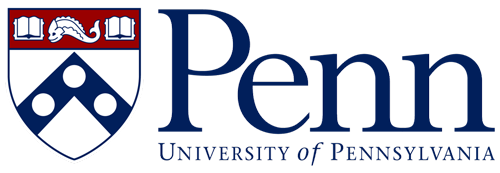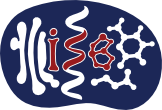Lee JS, Dittmar M, Miller J, Li M, Ayyanathan K, Ferretti M, Hulahan J, Whig K, Etwebi Z, Griesman T, Schultz DC, Cherry S. Evolutionary arms race between SARS-CoV-2 and interferon signaling via dynamic interaction with autophagy. bioRxiv [Preprint]. 2023 Nov 16:2023.11.13.566859. doi: 10.1101/2023.11.13.566859. PMID: 38014114; PMCID: PMC10680587.
Abstract
SARS-CoV-2 emerged, and is evolving to efficiently infect humans worldwide. SARS-CoV-2 evades early innate recognition, interferon signaling activated only in bystander cells. This balance of innate activation and viral evasion has important consequences, but the pathways involved are incompletely understood. Here we find that autophagy genes regulate innate immune signaling, impacting the basal set point of interferons, and thus permissivity to infection. Mechanistically, autophagy genes negatively regulate MAVS, and this low basal level of MAVS is efficiently antagonized by SARS-CoV-2 ORF9b, blocking interferon activation in infected cells. However, upon loss of autophagy increased MAVS overcomes ORF9b-mediated antagonism suppressing infection. This has led to the evolution of SARS-CoV-2 variants to express higher levels of ORF9b, allowing SARS-CoV-2 to replicate under conditions of increased MAVS signaling. Altogether, we find a critical role of autophagy in the regulation of innate immunity and uncover an evolutionary trajectory of SARS-CoV-2 ORF9b to overcome host defenses.

